💯 If you don’t know how to start Smoothie diet properly or do you want to lose possibly 5-12 lbs in the first week alone with Smoothie ? 💪 Join our 21-Days Smoothie Challenge NOW to start a successful weight-loss journey and enjoy a new lifestyle!
You can start by downloading the ➡️“21 smoothie diet challenge”⬅️ ebook now!
As more people adopt plant-based diets for health, environmental, or ethical reasons, ensuring adequate protein intake becomes a crucial consideration. Protein is vital for muscle repair, enzyme production, and overall cellular function. Thankfully, there are numerous high-protein plant-based sources that can meet your dietary needs. Here, we explore some of the best options.
1. Tofu
Tofu, also known as bean curd, is a staple in many vegetarian and vegan diets. Made from soybeans, tofu is not only high in protein but also rich in calcium and iron. It is incredibly versatile and can be used in savory dishes, desserts, or even smoothies.
2. Tempeh
Tempeh is another soy-based product, originating from Indonesia. It is made from fermented soybeans, which gives it a firmer texture and a slightly nutty flavor compared to tofu. Tempeh is packed with protein and is also a good source of probiotics, which support gut health.
3. Seitan
Seitan, sometimes referred to as wheat meat, is made from gluten, the main protein in wheat. It has a chewy texture similar to meat and is an excellent protein source for those who are not gluten-sensitive. Seitan can be grilled, stir-fried, or incorporated into stews and soups.
4. TVP (Textured Vegetable Protein)
TVP is a highly processed soy product, created from defatted soy flour. It has a texture similar to ground meat and is often used in dishes like chili, tacos, and pasta sauces. TVP is very high in protein and low in fat, making it a popular choice for those looking to increase their protein intake without adding extra calories.
5. Edamame
Edamame are young soybeans that are harvested before they fully ripen. They are often served as a snack or appetizer in Japanese cuisine. Edamame is rich in protein, fiber, and a variety of vitamins and minerals. They can be eaten on their own, added to salads, or used in stir-fries.
6. Lupini Beans
Lupini beans are less common but are a nutritional powerhouse. These legumes are high in protein, fiber, and essential amino acids. They have a slightly bitter taste and are often consumed as a snack in Mediterranean cuisine. Lupini beans can also be added to salads or used as a meat substitute in various dishes.
7. Veg Sausage
Vegetarian sausages are plant-based alternatives to traditional sausages, made from ingredients like soy, wheat, or pea protein. They are seasoned to mimic the flavor and texture of meat sausages, making them a convenient and tasty protein source. Veg sausages are perfect for grilling, breakfast dishes, or adding to casseroles.
8. Legume Pasta
Legume pasta is made from various legumes such as lentils, chickpeas, or black beans. It is a great alternative to traditional wheat pasta, offering a higher protein and fiber content. Legume pasta is versatile and can be used in any pasta dish, providing a nutritious boost to your meals.
9. Yuba Noodles
Yuba, also known as tofu skin, is made from the thin layers that form on the surface of heated soy milk. These layers are collected and dried into sheets, which can be cut into noodles. Yuba is rich in protein and has a slightly chewy texture. It can be used in soups, stir-fries, or as a wrap for various fillings.
Conclusion
Incorporating high-protein plant-based sources into your diet is not only beneficial for your health but also supports sustainable and ethical eating practices. With a variety of options like tofu, tempeh, seitan, and more, meeting your protein needs on a plant-based diet is both achievable and delicious. Experiment with these ingredients to find your favorites and enjoy a balanced, protein-rich diet.
Always consult with a nutritionist or healthcare provider to ensure you are meeting your nutritional needs, especially if you are new to plant-based eating.
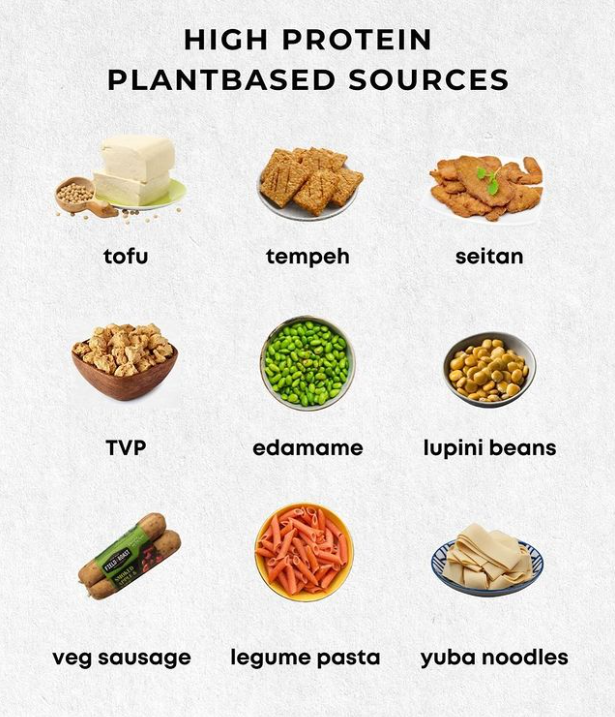
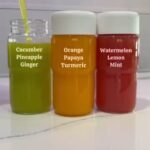

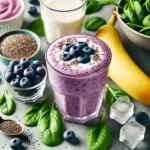
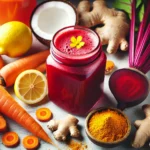

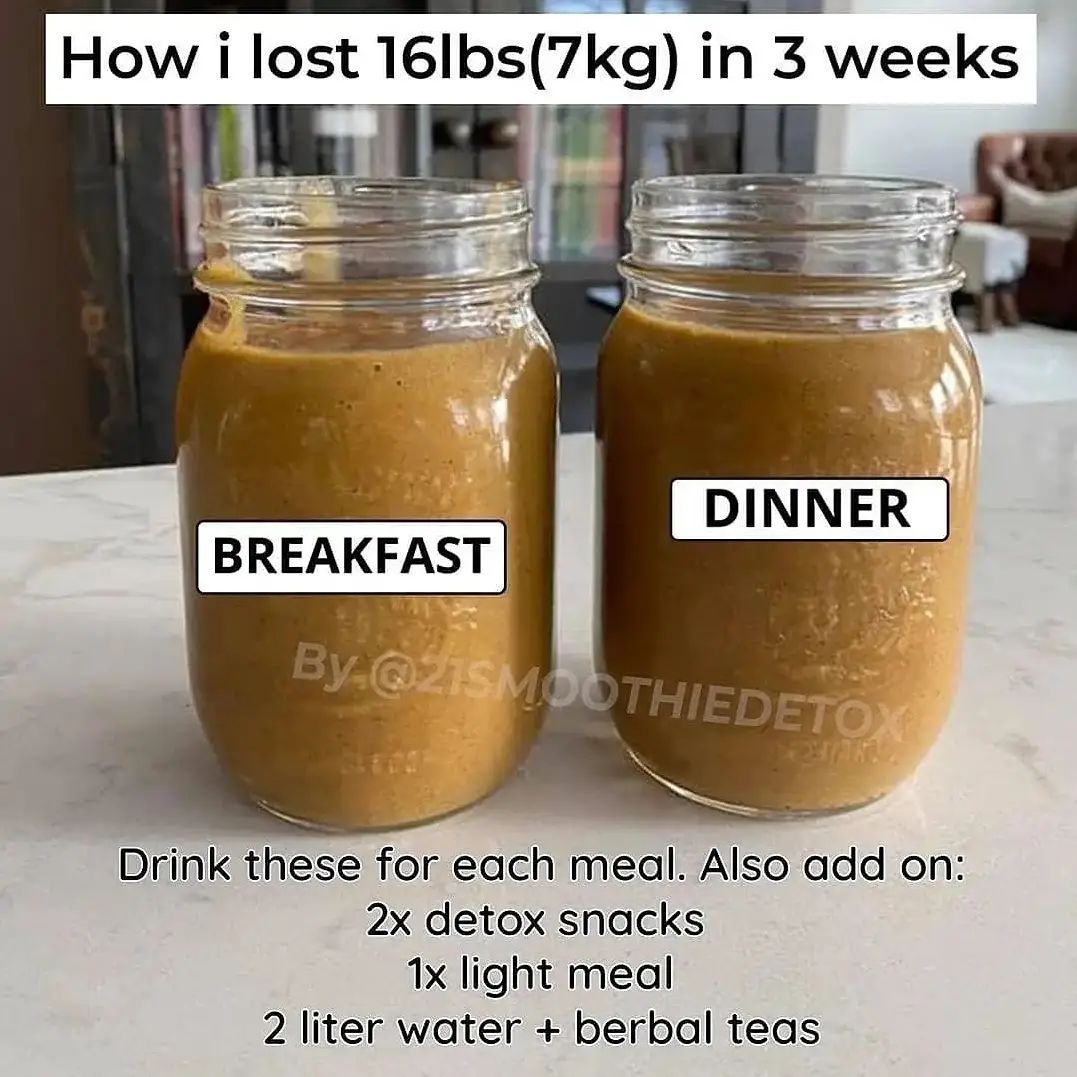

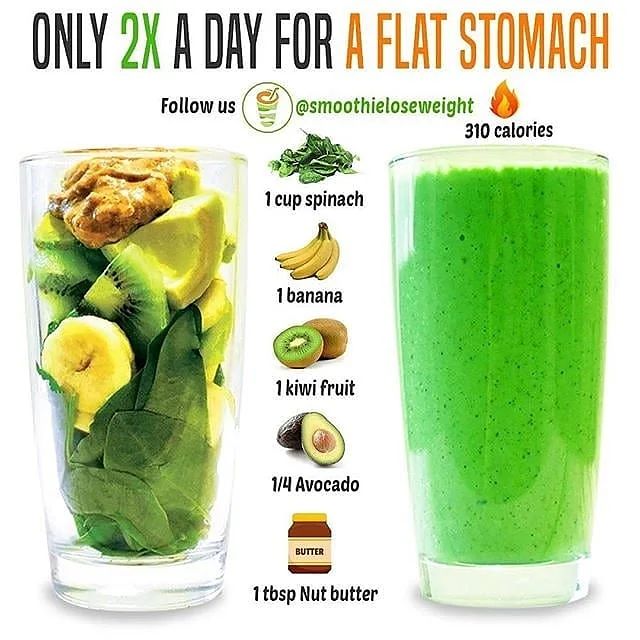

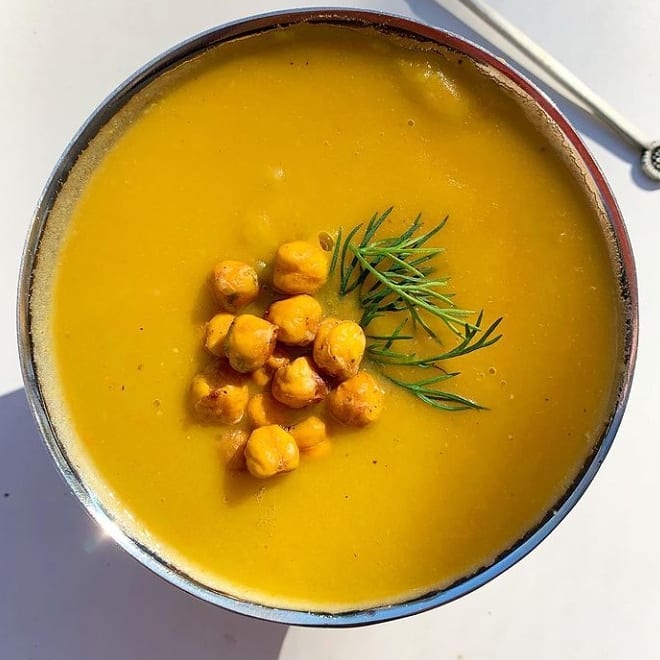
![Follow @conveganence for daily vegan recipes!
•
Recipe (yields 2-3 servings)
🌱Ingredients
- 1 small head cauliflower, wash & cut into florets & pat dry with paper towels
- 1 small green bell pepper, cubed
- 1/2 small red onion, cubed
- 2 cloves garlic - sliced
- 1/4 cup [40g] dry roasted cashews
- 4 dried Thai chilis/red chilis, softened in hot water & drained
- oil for frying & cooking
🌱Batter
- 3/4 cup [96g] all-purpose flour
- 1/2 - 3/4 cup ice-cold water
- 1/4 teaspoon salt
- a few shakes of white pepper
🌱Sauce Mix together 2 tablespoons soy sauce/tamari, 1/2 tablespoon thick dark soy sauce (for color), 1/2 tablespoon sugar & 3 tablespoons Chinese cooking wine/sherry/broth in a bowl & set aside.
✅Place batter ingredients in a large mixing bowl & stir to combine. The batter should be thick like a pancake batter.
✅Dredge florets in batter, shake off excess & fry until golden brown (temperature 375F/190°C & I used a small saucepan). Then drain on paper towels.
✅Alternatively, grease a baking sheet pan with oil, place coated florets on the pan. Brush florets with oil & bake at 485F/
250°C until light golden brown for about 20-25 mins, be sure to flip halfway. For the last few minutes, broil to get a crispier ure (oven time varies)
✅To make the sauce, in a heated non-stick pan with 2 teaspoons oil, sauté onion until translucent. Then add garlic, bell pepper, chili & continue to sauté until fragrant. Slowly pour in the sauce & cook to reduce it slightly. Please adjust the sauce based on the cauliflower's size.
✅Finally, add the cauliflower florets, cashews & quickly toss them with the sauce until all incorporated. Serve with rice for a delicious meal.
*Please be sure to dry florets well before coating or the liquid will slowly thin down
#veganfollowback #veganscotland #scottishvegans #veganig #veganinstaclub #glasgowvegan #scottishvegan #scottishfood #scottishfoodie #glasgowfoodie #scottishfood #glasgowvegan #veganglasgow #naturalprotein #vegetarianbreakfast #breakfasttoast #veganfryup](https://conveganence.com/wp-content/uploads/2021/01/131936854_109446914286957_7383745306959709095_n.jpg)


